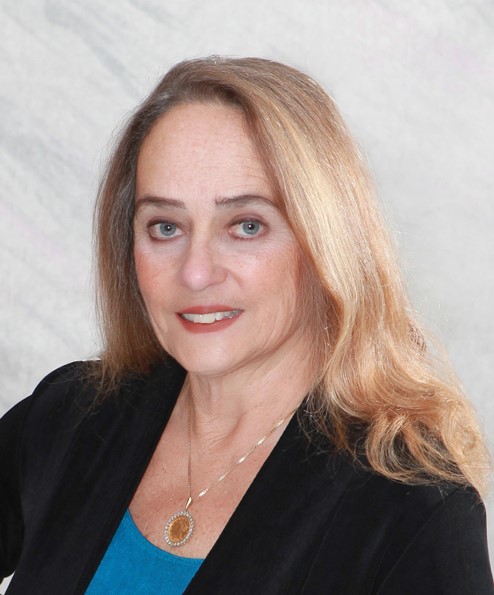Research from Bowling Green State University indicates that the divorce rate for the U.S. population over the age of 50 doubled during 1990-2015 and predicts the number of persons 50 and older will grow by one third by 2030. These trends are occurring worldwide.
As the divorce rate for adults 50 and older soars, so too does the number of adult children experiencing parental divorce. Although adult children are major stakeholders in their parents’ divorce, they are too often forgotten. They frequently say that when they talk about their emotional concerns and experiences, the most important people in their lives often ignore and dismiss them. Their feelings and experiences of shock and fear from sudden, dramatic change are real, valid, yet generally disregarded. Key mistakes can significantly damage parent-child relationships. You will learn valuable information to help your clients and their adult children protect their post-divorce family into the future.
This workshop examines the how later-life parental divorce affects adult children, grandchildren, divorcing parents, extended family, and community support system relationships. Two California-licensed psychotherapists who are experienced collaborative divorce coaches and adult child specialists teach participants:
1. The varied and significant concerns and unmet needs that adult children in the various stages of adult development may face, and how these issues can affect adult children, grandchildren, the divorcing parents, and their divorce outcomes.
2. The importance of maintaining their valuable family, extended family, and community relationships.
3. The significance of parent-child attachment bonds from the cradle to the grave.
4. The shock and grief that ensues from the losses that accompany parental divorce and the importance of understanding and acknowledging this shock and grief.
5. The stages of adult development and how they can affect adult children’s adjustment to parental divorce.
6. Effective communication skills and why they are important for family adjustment and healing.
7. The concept of boundaries and how to set effective boundaries with family, extended family, and community members.
8. The concept of family roles and rules and how they change during and after divorce.
9. The importance of family traditions and rituals, and how they change during and after divorce.
10. The effects of parental dating, repartnering, and remarriage, and how to effectively navigate these life transitions.
11. Ways divorcing parents can help their adult children.
12. Techniques and tools for hope and healing for adult children, divorcing parents, grandchildren, and community support system members.


Summary:
Carol R. Hughes, Ph.D., is a California licensed Marriage and Family Therapist, EMDR therapist, board-certified in clinical hypnosis. As a therapist, coparenting, child and family specialist, and mediator, she has assisted hundreds of families experiencing separation and divorce.
Bruce R. Fredenburg, a California licensed Marriage and Family Therapist board-certified in clinical hypnosis, helps families solve painful problems that they are struggling with and have not been able to solve by themselves. He serves families as a therapist, divorce coach, child specialist, mediator, co-parenting specialist, and reunification therapist.
Date & Time: Wednesday, March 24, 2021 at 12pm PDT
Length: Approximately 60 minutes
Pricing info: This webinar is FREE to IACP members. $50 to non IACP members
IMPORTANT:
A Zoom link will be sent to your inbox immediately after you register. Please look for it and add it to your calendar.
| Attendee Fee | $50.00 |